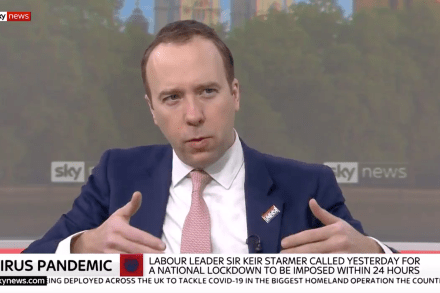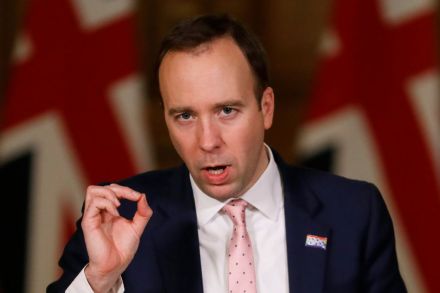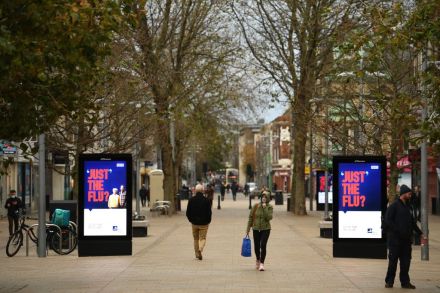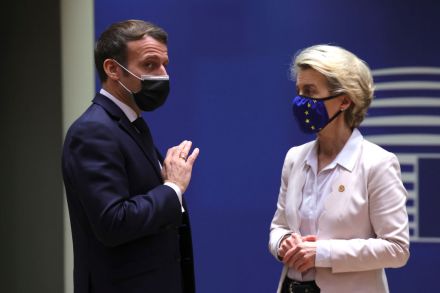Matt Hancock: the Tier system is no longer strong enough
There is a sense of grim inevitability this morning that even tighter Covid restrictions are coming very soon. On his media round this morning, Matt Hancock has been emphasising that the new variant means that the ‘old tier system… is no longer strong enough’ and that the only thing that can stop the spread of the virus is people not seeing others. There is beginning to be a shift back to the ‘stay at home’ message we heard so much during the first lockdown. The increased transmissibility of the Kentish variant, let alone the South African one, means it is unclear if even a March-style lockdown would be enough to



















